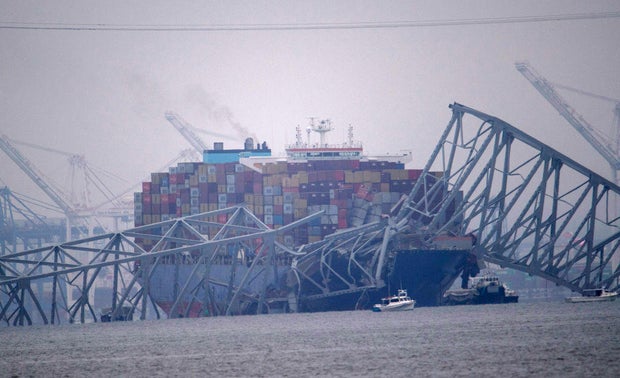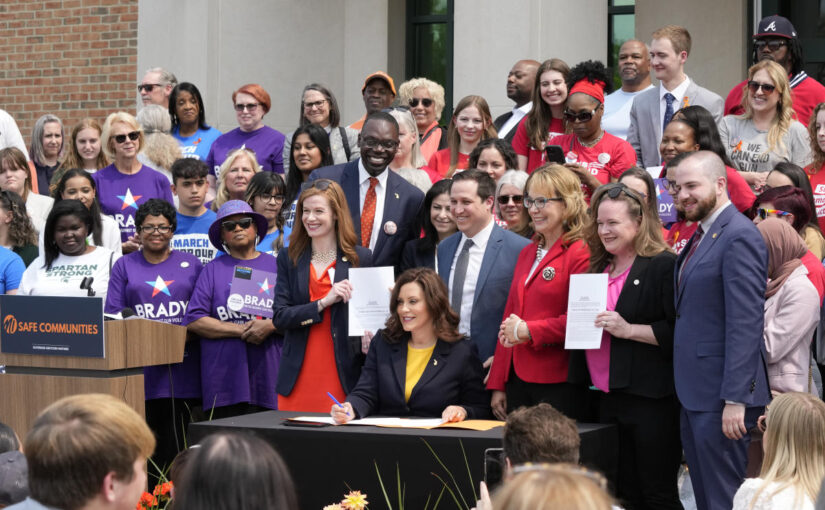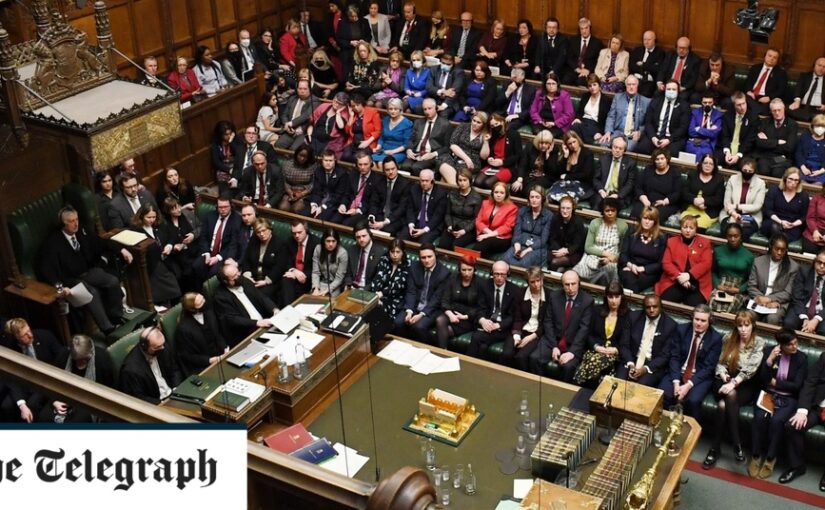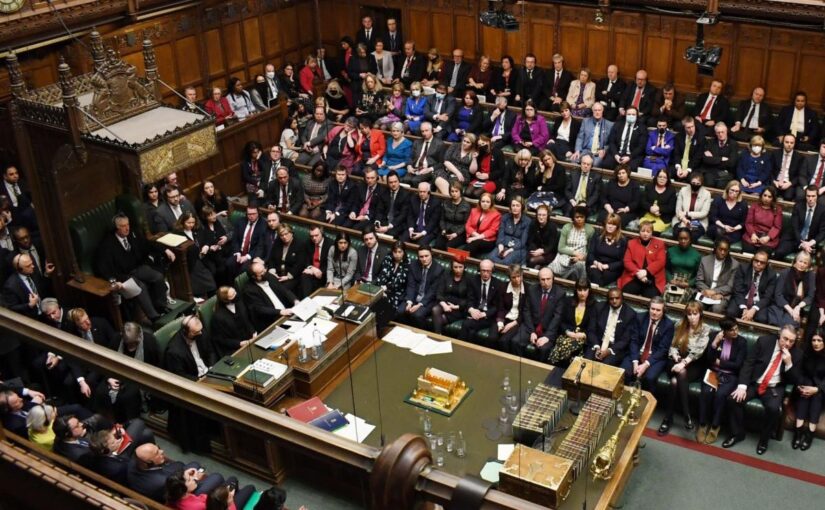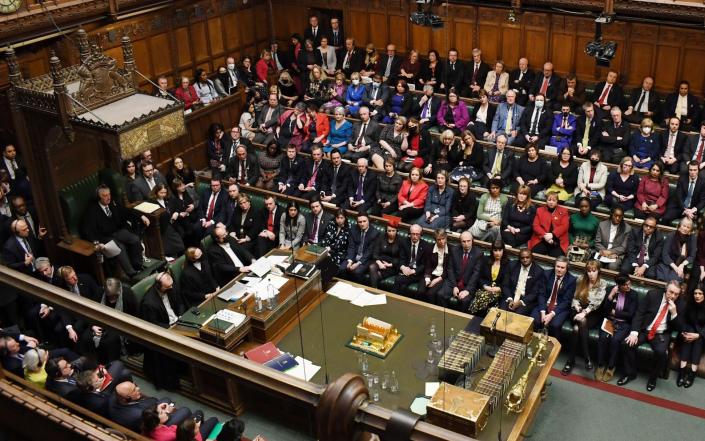When liberal judge Janet Protasiewicz won a seat on the Wisconsin Supreme Court this year, giving liberals their first majority in 15 years, it put an end to the bitterest and most expensive state Supreme Court races in U.S. history.
But when Protasiewicz was sworn in last week, formally tipping the ideological balance of the court to the left, tensions on the bench erupted anew into public view.
First, the court’s nascent liberal majority fired a longtime court officer. The controversial move triggered blistering blowback from the new conservative minority — and quickly led to days of rancorous news releases and tweets from the justices, trading insults and accusations of partisanship.
A day later, a suit challenging the state’s heavily gerrymandered legislative maps, which disproportionately favor Republicans, was filed directly to the high court. The existing maps were enacted last year by the court’s previous conservative majority, putting a highly partisan issue before the new majority almost immediately.
It’s the first of many cases about hot-button issues, most notably abortion rights, that are expected to reach the court this term and ratchet up the tension. And aspects of the 2024 presidential race in Wisconsin, a perennial battleground state, could find their way before the new liberal majority, as well.
Wisconsin Supreme Court justices — and the court itself — are technically nonpartisan. But some, including Protasiewicz, have taken public stances on divisive political issues and received backing from the state’s major political parties during their campaigns, allowing them to signal their political allegiances.
Acrimony, divisions and allegations of partisanship have plagued the court for years, however. And the latest developments suggest that the partisan attacks on broad display during the 2023 campaign will continue, just as those politically charged cases make their way to the court.
“At the end of the day, Wisconsin is a deeply and bitterly divided state, politically, and those divisions are very much reflected on the state Supreme Court,” said an expert on the state’s politics and courts, Anthony Chergosky, a political scientist at the University of Wisconsin-La Crosse. “The flip in majority control was inevitably going to be jarring — it was bound to be a dramatic transition. And it has been.”
Tensions on the court flared pretty much the moment Protasiewicz was sworn in to a 10-year term Tuesday night.
The night before, liberal Justice Jill Karofsky called State Courts Director Randy Koschnick, whom conservatives appointed in 2017, to warn that the court’s new majority would have the votes to “fire you tomorrow.” Koschnick, who didn’t return a call seeking comment, relayed the story to the Milwaukee Journal Sentinel and conservative talk show host Dan O’Donnell.
A short letter to Koschnick on Wednesday signed by liberal Justice Ann Walsh Bradley “on behalf of the court” said his job as the top nonjudicial officer of the state court system would end that day.
Chief Justice Annette Ziegler, a conservative (the chief justice in Wisconsin doesn’t necessarily have to be a member of the majority), then issued a blistering letter blasting her liberal colleagues’ “unauthorized action” as “flawed procedurally, legally, and on its merits,” “reckless” and “dysfunctional” and saying the message was the product of “secret discussions.”
“My colleagues’ unprecedented dangerous conduct is the raw exercise of overreaching power. It is shameful. I fear this is only the beginning,” she wrote. Ziegler said the fact that the liberal justices made the moves outside a formal court conference “violates” the state constitution.
Then in an unusual flurry of evening news releases, the court revealed Friday that the liberal majority had voted to curtail Ziegler’s power as chief judge, a move it said was necessary for “transparency” and inclusivity, while conservatives accused the liberals of going “rogue.”
The liberal bloc stripped the chief judge of the power to appoint the state courts director, granting the power to a majority vote of justices. And it gave other of her responsibilities — like making appointments to the Wisconsin Judicial College and reviewing the court’s budget — to a new committee of Ziegler and two justices selected by the liberal majority.
Liberal Justice Rebecca Dallet said in a statement that the majority had voted “to advance a number of transparency and accountability measures” that were designed to “make Court decision-making more inclusive, timely, and responsive.”
In a second statement, Dallet ripped Ziegler for litigating “internal issues, through the media.” Dallet said the liberal justices had been asking Ziegler for months to schedule a conference in August but that she “declined to do so” several times. “It is deeply inappropriate for the Chief Justice to continue to refuse to engage with her colleagues, but instead to publicly litigate these issues,” Dallet said.
A person familiar with the situation said the liberal majority wanted the new procedures in place before the court begins hearing cases next month.
Ziegler responded with another letter, accusing “four rogue members of the court” of having met “in a secret, unscheduled, illegitimate closed meeting in an attempt to gut the Chief Justice’s constitutional authority as administrator of the court.”
Another conservative justice, Rebecca Bradley, later tweeted that the “cabal of extreme leftists” had met “in secret” to “usurp the power the people gave the Chief Justice.”
Court-watchers nevertheless said the new majority most likely had the right to terminate Koschnick and make changes in protocol and that it didn’t break any rules, but they said the move would do little to dim the accusations of partisanship the court has faced.
“Even if the liberal majority was looking to make this change, there are different ways that they could have gone about that and different timetables that they could work on,” Chergosky said.
Throughout her campaign, Protasiewicz made it clear that her positions on many issues, most prominently abortion rights, aligned with those of the Democratic Party (though she repeatedly said her personal values wouldn’t dictate how she would rule in cases before the court).
Conservatives, including her opponent, Daniel Kelly, criticized her endlessly for that approach, alleging that she had already decided on cases that will or that are likely to come before the court and that she had effectively betrayed her ability to hear cases fairly.
The bitterness of the campaign, however, wasn’t a new development for the court, which, for years, has seen instances of partisan moves — and even physical aggression — among its jurists.
In 2015, for example, the court’s conservative bloc ousted the longtime chief justice, who was a liberal, and replaced her with a conservative, just moments after voters changed the process for selecting the chief justice.
And in 2011, an altercation between David Prosser, a conservative justice, and Bradley, a liberal justice, allegedly became physical during a tense conversation about a ruling regarding a law enacted by then-Gov. Scott Walker, a Republican, that eliminated collective bargaining for most public workers.
“The court has been a contentious place, by some measures, for a decade,” said Michael Wagner, a political scientist at the University of Wisconsin-Madison. “But I do think it’s in the court’s interest to demonstrate how the decisions they make are rooted in the law and not rooted in politics.
“It’s a difficult thing to do,” he added.
Protasiewicz’s win in April was resounding — she defeated Kelly by 11 percentage points in a state President Joe Biden won by just 0.6 percentage points in 2020.
And on Wednesday, a day after she was sworn in, a left-leaning law firm filed a suit challenging Wisconsin’s legislative maps. Because it skipped over lower courts and was taken directly to the state Supreme Court, the suit could be heard and decided before the 2024 elections. A court order to redraw the maps could have a dramatic effect on whether Democrats retake the majority in the Legislature.
During the campaign, Protasiewicz said the current maps were “rigged” — a position that regularly drew condemnation from conservatives.
Republicans in the state were quick to tie the timing of the suit to Protasiewicz’s investiture on the court.
“The timing of this lawsuit questions the integrity of the court,” Republican state Senate Majority Leader Devin LeMahieu said in a statement Wednesday. “Liberal Democrats are counting on judicial fiat to help them gain power.”
In addition, the Supreme Court is widely expected in the coming months to decide the fate of an 1849 state law banning abortion in almost all cases, which snapped back into effect after the U.S. Supreme Court overturned Roe v. Wade last year.
A suit filed by the state’s Democratic attorney general that said the ban is unenforceable is being heard in a state court. And conservative groups have vowed to appeal an unfavorable ruling to the state Supreme Court.
The Supreme Court is also likely to hear challenges to existing election laws, and it may also hear cases related to recounts, absentee ballots and other facets of election administration that could materially affect the outcomes of close elections.
The new balance of the court could have a huge effect on any ruling on the issue: In December 2020, the conservative majority narrowly upheld Biden’s win over Donald Trump in the state on a 4-3 vote.
Adam Edelman
Adam Edelman is a political reporter for NBC News.
Shaquille Brewster
Shaquille Brewster is a political reporter for NBC News and MSNBC.

